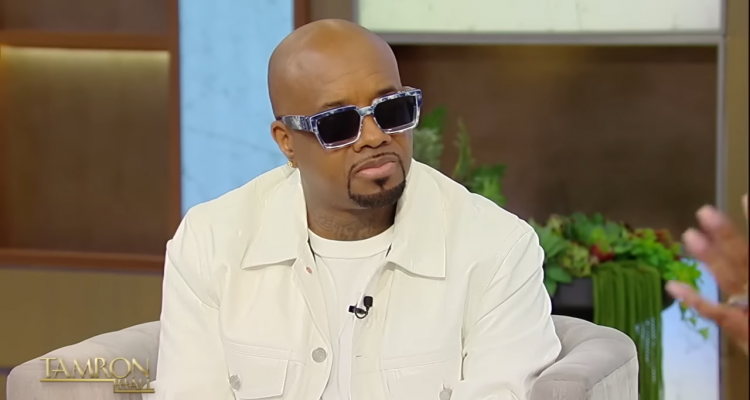Once the news of Jermaine Dupri’s Freaknik documentary hit the Internet, social media users of a certain age were copping pleas and sending warnings. At the same time, younger generations were curious to see what happened. Dupri pulled up to The Tamron Hall Show and spoke about the documentary, revealing it won’t be what many expect it to be.
“My vision of Freaknik is really a story about the South and Atlanta,” Dupri said. “It’s not really a story about what everybody keeps talking about. I don’t like that part because I feel like it’s a little disrespectful because I’m just telling a story of Atlanta, right? And how Atlanta was built into the place that it is today.”
He added, “People came to Atlanta through Freaknik and they stayed and that’s how Atlanta has become this multicultural place.”
You can hear JD talk about it below.
In a previous video uploaded to Instagram, Dupri revealed the doc was underway for Hulu. “This the first day of us shooting for the Freaknik documentary,” Dupri said. “So everybody that missed freaknik, we gon’ show y’all what y’all missed.”
Freaknik started off in 1983 when students from the Atlanta University Center (Morehouse College, Spelman College, and Clark Atlanta University) came together to throw a small picnic in a park near the campus for students who could not afford to go home for spring break.
Freaknik was an annual event that eventually expanded into a festival in the 1990s, complete with concerts, a basketball tournament, dance competitions, and even a job fair. About 300,000 people from all over the nation would attend the event at its peak.
But by 1999, Freaknik had relocated to the nearby Georgia county of DeKalb. However, due to increased police activity, the festival’s celebrations would become less vibrant. Former Atlanta Mayor Kasim Reed formally outlawed Freaknik and all associated activities in 2010.
There have been attempts to bring Freaknik back, but they have not been successful in attracting the same audience and attention as they did when it was popular.
